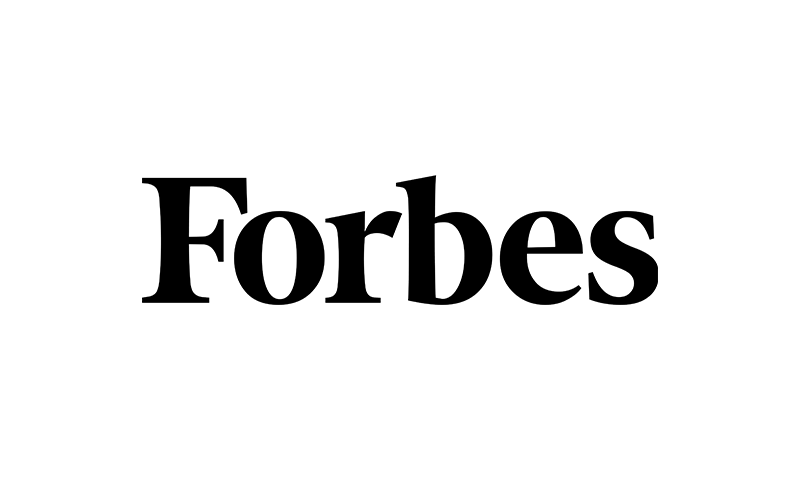Excerpted from Forbes. Full article found here.
Whether you’re a manager at a company with 3,000 employees or three, something that leaders across industries have learned in the past two years is that giving employees more flexibility is key to retention and recruiting of new hires. The pandemic forced the majority (~70%) of the US workforce to adapt in a plethora of different ways to keep everyone healthy while still continuing to work efficiently. Companies that previously had 0% of their employees working remotely had to figure out how to seamlessly transfer all operations to a 100% digital environment. While obviously a ton of bad things came from the pandemic, that’s not to say there weren’t learnings and lessons discovered across the board.
The reality is that more talent in every part of the country, and the world, now has access to greater opportunities because of the increased normalization of remote work. Gone are the days where you have to live in San Francisco to make a Bay Area salary. Remote work isn’t a groundbreaking concept, yet the majority of companies did not standardize remote-work until the pandemic. What was once the exception has become the expectation. Talent will work remote for you, or just work for someone else.
I see this as a win for workers. Employers know this and have had to adjust their compensation strategies to accommodate for competition. High-demand roles, like IC software engineers, have spurred more competitive salaries than skill sets. Many will argue that this combination of low-supply and high-demand of talent is cyclical and will bounce back to normal levels. Others recognize that individual flexibility and personalized working conditions are too widely adopted to be relinquished easily. Working parents can spend more time with their children when their commute consists of switching rooms; it turns out you can have your cake and eat it with your family. In the 2021 State of Work study conducted by Owl Labs, 71% of workers want a hybrid or remote working style post-pandemic, and that “39% of employers are requiring employees to be in the office full-time post-pandemic, but only 29% of employees want to be in an office.”
There’s always the flip side of the coin; there are people who miss the in-person connection and escape from their home life. In a similar vein, it’s easier to feel burnt out when you’re living and working in the same room. The same thing goes for decompression; employees can context switch from boss to parent or partner when they have a commute. For some, separating work and life into different spaces, or just even the choice to decide what is best for them, is essential. With a shift in the talent market putting more control in the hands of talent, I think a lot of companies are developing more understanding for their employees’ lives outside of work. The phrase “work-life balance” is outdated. People don’t want to balance their work and life, they want to integrate their work into their life in a way that maximizes their time with things that bring them joy and let them feel comfortable.
I’m always curious how companies react to global phenomena and how large-scale challenges help breed innovation in imaginable ways. Having been in the talent and recruiting industry for a year, at a required five day-a-week in-office job, I’ve been eager to chat with companies about what they have learned from their own strategies and new best practices for attracting and retaining talent. If you haven’t read my previous articles about talent, I like to get on calls with folks from different companies and ask questions to create a vast sample or census. Then, I summarize our call into a brief paragraph with the most interesting insight that I learned. For this article, I was curious about how companies think about the future of their work environment, given how many were forced to switch theirs so abruptly. Here are some questions I asked over the last two weeks on 30+ calls:
- Are companies that were once in-person planning on renewing their office space and bringing back folks to the office?
- Has the hybrid model of work attracted an equal interest of both employees and employers?
- Have companies that were always remote-first strengthened their beliefs in a digital office?
- What are some of the challenges with having a remote company vs. an in-person one?
- How have you been able to source talent from different areas due to remote work and how has that helped your company?
- How are companies combating Zoom fatigue?
- How have salaries been affected by people working remotely in traditionally low cost of living places?
- What do you envision happening to work-environments in the next three years as the pandemic continues to fade?
I had a lot of interesting discussions with different companies and positions on the above topics. Here’s the most interesting tidbits that I learned that I think you’ll enjoy reading as well:
Christie Callahan, COO at Arrive Health (formerly RxRevu)
There are some places where remote work is never going to be an option because there’s work where you physically need to do something. However, there’s so much value in being able to recruit nationally and capitalize on pockets of knowledge that are so specific to what you’re building. I don’t know if we are ever going to get back to an in person environment and companies need to get comfortable with hybrid work. People are hungry for flexibility. I have the opportunity to take my kid to the doctor and I can participate in my community when I want to now. Moving forward the burden will be on companies to give people more flexibility.



